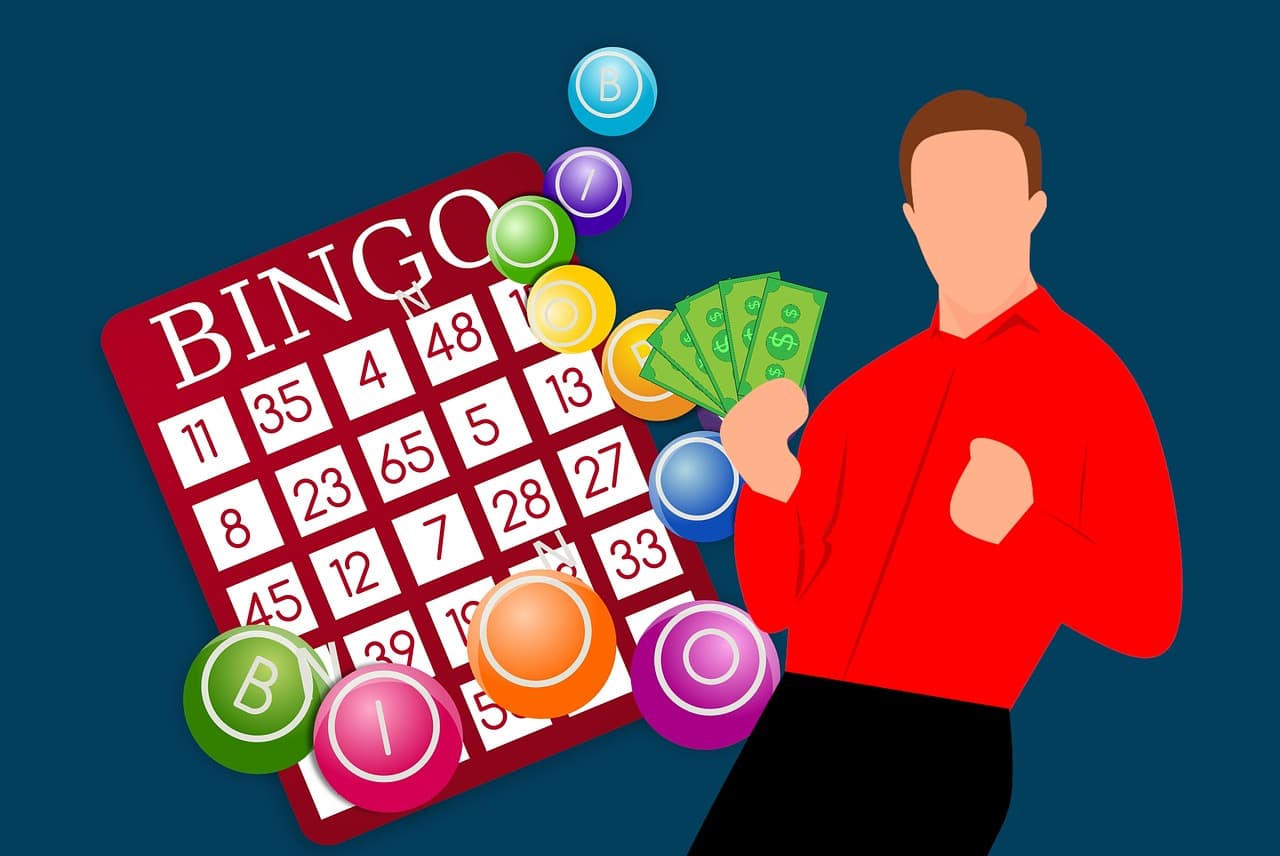If you know what blockchain is, you most likely have heard about the metaverse concept because it’s powered by blockchain technology and has gained tremendous attention lately among tech enthusiasts and gamers.
Back in the day when people played Fortnite, they didn’t imagine they would one day benefit from an immersive experience in the Metaverse. But the Metaverse is real these days, and more gamers are switching to blockchain-based games. The idea behind the Metaverse is to provide users with a single virtual space where they can interact with each other and use VR and AR tools. The gaming sector evolves continually, and integrating the Metaverse is a logical step in the process because it could improve how people interact, connect, and play games.
What Is The Metaverse?
Some define the Metaverse as a collective shared space where virtual and augmented realities converge with the Internet. While this article discusses how it powers games and improves the traditional gaming sector, it goes beyond gaming and functions like a complex interconnected network of digital ecosystems.
Those who access the Metaverse can create and customize avatars, interact with other users, take part in several digital experiences and activities, register on exchange platforms like Binance to buy Ethereum and other cryptos, and even engage in businesses. Metaverse games offer extra benefits compared to traditional online games because they allow the players to gain money, entertain themselves, join ecommerce exchanges, learn new things, and more.
Let’s Find Out More About Gaming In The Metaverse
Gaming is one of the sectors that could make great use of the opportunities the Metaverse provides because it could improve the users’ experience. The gaming industry is highly competitive, and game developers must find innovative ways to engage users to stand apart in the market. Metaverse games offer an immersive gaming experience that could boost the public’s satisfaction. The Metaverse aims to captivate the audience by providing an unparalleled experience. This digital network is paramount for creating a three-dimensional network where users can interact with each other and personalize in-game items. The Metaverse is an exquisite method to take advantage of augmented reality, employing concepts like trading, pay-to-earn gaming, live game streaming, and value exchange with digital currencies.
How Does The Metaverse Revolutionize The Gaming Sector?
As mentioned earlier, the Metaverse aims to provide the users with a highly immersive gaming experience by employing augmented reality, virtual reality, and innovative technology. Virtual reality education is revolutionizing the way students learn, making complex concepts more accessible and engaging through immersive experiences. So, people now can access games that depict realistic and detailed virtual realities that engage all their senses and enable them to interact with an appealing gameplay ecosystem.
Due to the involved technologies, the Metaverse promotes social interaction on a larger scale because it allows players to connect with counterparts overseas. It’s superior to traditional gaming because it offers an interconnected and persistent environment where gamers can join communities, collaborate, communicate, and compete.
The difference between traditional multiplayer and metaverse games is that the latter encourages content creation because it offers gamers the necessary platforms and tools to customize their virtual environment. They can personalize their avatars, virtual items, and ecosystems and make money from selling the in-game items on marketplaces. Another benefit the Metaverse brings is that it enables players to access the digital world from a multitude of devices like smartphones, gaming consoles, VR headsets, PCs, and other similar ones.
Metaverse games also introduce a new economic model to the gaming sector because they promote the use of blockchain and digital currencies. Players can trade in-game assets and convert the profit into real-life money, so metaverse gaming opens new opportunities for profit-making.
The Multiple Applications Of Metaverse In Online Gaming
The integration of Metaverse into the sector could impact different stages of virtual gaming because this digital platform was created to imitate reality. Here are some examples of how the Metaverse changes traditional online gaming.
Gamers Play Together
The Metaverse was built to enable users to interact because the digital world enhances connections. Most metaverse games are for multiplayer, encouraging them to join communities and connect with people they might know in real life or total strangers with the same enthusiasm for playing.
Players Earn Money
The Metaverse has promoted the idea that gamers can make a profit from playing blockchain-based games. They can participate in competitions or trade assets for cryptocurrencies they can exchange later for fiat currency.
Access To An Adaptable Gaming Environment
Metaverse games are more adaptable than their traditional online counterparts. Therefore, players can customize content, add new avatars, create games, and personalize their gaming experience to fit their preferences. The Metaverse often serves as a platform where they engage in activities different from gaming.
Are There Any Challenges To Integrating The Metaverse Into Gaming?
Metaverse and blockchain are new technologies; hence, some challenges are associated with their implementation in the traditional online gaming sector.
– Technical problems. It’s pretty challenging to create a complex and functioning metaverse platform because it requires the use of resources from different areas like VR, AR, and blockchain.
– Privacy and security issues. Blockchain is one of the most secure technologies available, but the integration of the Metaverse into gaming would require the transfer of large amounts of personal information. If not correctly handled, the sensitive data could end up in the wrong hands.
– Interoperability challenges. As expected, it’s far from easy to connect such different worlds and make different categories of games work seamlessly together. The process requires the development of standards and protocols.
– Regulatory and legal problems. Metaverse games require the use of digital currencies and non-fungible tokens which raise numerous regulatory and legal questions among the public. Only some people are enthusiastic about using cryptocurrencies, and many fear taxation and consumer protection issues.
– Inclusivity issues. Blockchain-based games could exclude some groups of individuals who cannot afford the necessary tools and devices to access the Metaverse. It’s crucial for game developers to ensure that metaverse games become accessible and inclusive in the long run.
Read Also :





















